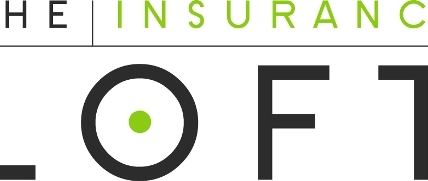8 Costly Phone Scams

Experts are continually warning Americans about phone scams. Since these scams are always changing and evolving, it is important to stay current with scams and what they involve. Police departments across the nation have been receiving reports about people who claim to be IRS officials. The imposters then demand money from individuals for alleged back taxes that they owe. Frightened victims who are even told they may go to prison then give up their financial information to these fraudsters. Another similar scam involves people claiming to represent the Department of Treasury and telling victims that they are entitled to some money. The imposters ask for personal information to obtain the victims' addresses. Law enforcement officers across the nation remind Americans that it is important to avoid giving out any personal information over the phone from someone who calls unexpectedly.
The following are some common claims associated with phone scams:
1. That the person has been exclusively selected for a special offer.
2. That the person will receive a free prize or bonus product for making a purchase.
3. That the person's computer or cellular phone is infected with a virus.
4. That the person has won one of many prizes.
5. That the person must make a purchasing decision today.
6. That the person should trust the caller.
7. That the person should try a "low-risk" investment for a higher return.
8. That the person only has to provide credit card information for shipping and handling.
When receiving a phone call with any of these claims, it is best to simply express disinterest in the offer and hang up. However, some people may be expecting calls from companies that they reached out to on their own and may want to know if the call is legitimate. The best way to determine this is to ask for a direct phone number to return the person's call. Make a call directly to the company, look up the number online or check a statement to verify the number.
For any unsolicited call, always ask who the caller is and the purpose for the call. Keep in mind that telemarketers are required by law to say that their call is a sales call when asked. They typically specify the company name, the reason for the call and the product before making their pitch. If a caller seems in a hurry, ask why they need to hurry. A hurried caller is usually hiding something. Always question fees and charges related to any purchase. When buying something from a telemarketer, make sure the charge is a one-time charge and not a monthly or ever-increasing recurring charge.
When a caller says that it is necessary to pay for a free gift or to pay for shipping, avoid accepting the offer. If a caller says it is necessary to confirm account information, do not make any confirmations. Any company calling that already has financial information and does not have permission to use it may find a way to use it if they can get a victim to confirm the data verbally.
To stop receiving calls from a caller who continually makes contact, tell the caller to remove the contact information from their list. People may add their home phone numbers to the National Do Not Call Registry online. If the same callers call back, they are breaking the law and should be reported to law enforcement. Local law enforcement departments need the help of all consumers to keep communities safe from phone scammers. If everyone reports suspicious or illegal phone calls, police can catch these criminals and deter more would-be phone scammers. For more information, discuss concerns with an agent.

June 26, 2017
by
Jeff Neuhalfen
Insurance Producer

